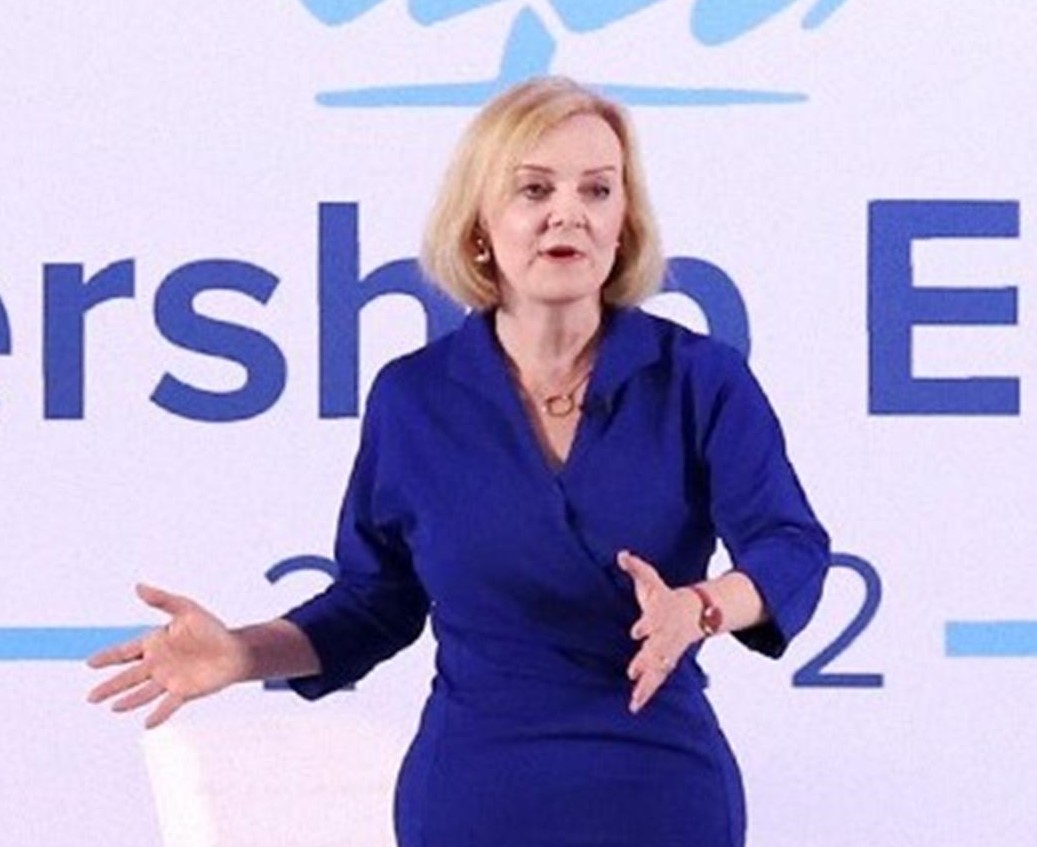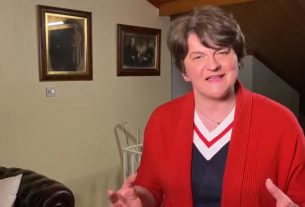Liz Truss is reported to be considering a 5% cut to VAT which could save families £26 per week/£1,300 per year to deal with the deepening cost of living crisis.
It would be the largest ever reduction in the headline rate of VAT (currently at 20%) which officials say would also help businesses struggling to meet the spike in energy prices, which, unlike households, are uncapped.
Other “targeted measures” are being discussed but Truss – the overwhelming favourite to be appointed prime minister in just nine days time – said “no decisions have been made” about how to help with the energy price crisis.
The Guardian reports that her supporters “are getting nervous” about Truss’s lack of a plan. “What more does she need to see?” said a Tory MP supporting her leadership bid. “Ofgem has published the figures. We can see how bad it’s going to be.”
‘Truss will look more in control on steps of Downing St’
Rowena Mason, the Guardian’s deputy political editor writes that Truss and her advisers “will have calculated that she will look more in control if she announces an energy plan from the steps of Downing Street.
Labour meanwhile “is gaining traction” and more support with Sir Keir Starmer’s plan for a price freeze at the current level
Cutting VAT by 5% would cost the Treasury £3.2 billion per month/£38 billion per year according to the Institute for Fiscal Studies (IFS), as well as reducing inflation by around 2%. The Bank of England predicts inflation will hit !3% by the end of 2022 while commercial bankers Citi said rising energy bills could take inflation to 18%.
Other options being considered by Truss include extending the 5p cut in fuel duty that her rival Rishi Sunak announced in the last Budget. The scheme is due to end in March and was introduced to help motorists with rising petrol and diesel prices.
Sunak’s campaign said the proposed VAT cut would be regressive and cost the Treasury tens of billions.
Truss and Sunak’s final head-to-head hustings will be in London on August 31 with the deadline for Conservative party members to return their ballots on September 2. The winner and the UK’s next prime minister will not be announced until September 5.
Ofgem to be sued by Good Law Project
Ofgem is to be sued by the Good Law Project who say the regulator “should be doing more to protect people – especially the most vulnerable.”
Good Law Project said Ofgem – who on Friday raised the energy price cap 80% from an average £1,971 to £3,549 per year – is legally required to “provide evidence it has carried out a proper impact assessment” and to “consider appropriate mitigation measures for the most vulnerable, including a lower social tariff.”
Director of the Good Law Project, Jolyon Maugham QC said the new price cap will “devastate families”, adding: “Do not be fooled. This is a choice. And the choice they’ve [Ofgem] made is to let low income consumers and small businesses bear the brunt of this crisis.
“We believe Ofgem can, and should, do more. We intend to put the question before the High Court, and will ask for a fast-tracked timeline to reflect the urgency of this crisis.”
Good Law Project – along with Fuel Poverty Action and the Highlands and Islands Housing Associations Affordable Warmth Group – will ask the High Court to “ensure the [energy] regulator [Ofgem] upholds its legal duties to, among other things, carry out an impact assessment that includes assessing the disproportionate impact on elderly people, children and people with disabilities, before confirming the price cap increase”.
The move comes with warnings from Energy Action Scotland that almost 75% of Scottish households may end up suffering fuel poverty because of the cost of energy.




